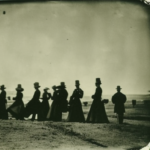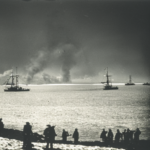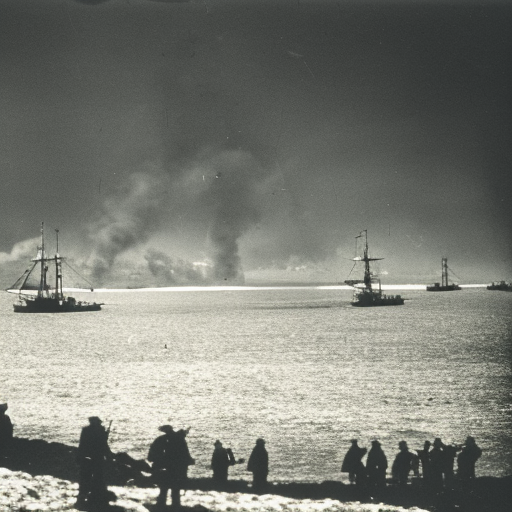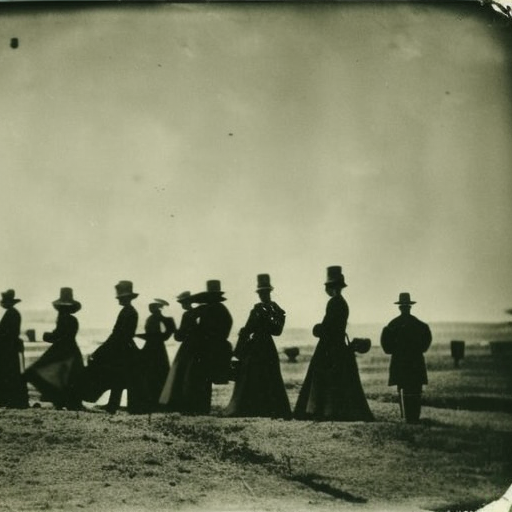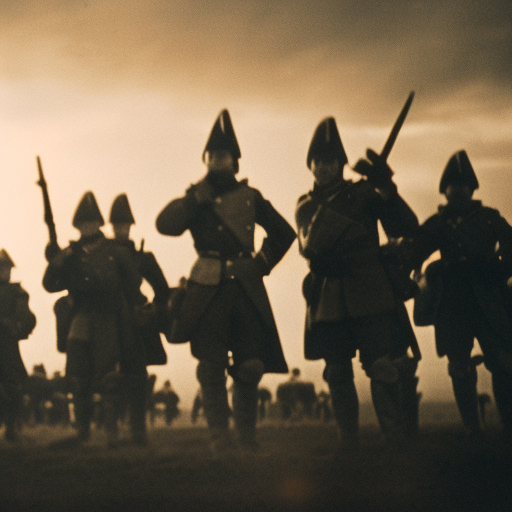The Peninsula War (1807-1814)
The Peninsula War, also known as the Spanish War of Independence, was a conflict fought between France and its allies against Spain and Portugal. It took place on the Iberian Peninsula from 1807 to 1814 and was a significant part of the Napoleonic Wars.
Background:
In 1807, Napoleon Bonaparte, the Emperor of France, sought to expand his empire by invading Portugal, which was an ally of Britain. He sent an army under the command of General Jean-Andoche Junot to occupy Portugal. However, this invasion sparked a wave of resistance in Spain, as the Spanish people were unwilling to accept French control.
The Spanish Uprising:
The Spanish people rose up against the French occupation, and the resistance quickly spread throughout the country. The Spanish guerrilla fighters, known as the “guerrilleros,” employed hit-and-run tactics to harass and weaken the French forces. The guerrilla warfare proved to be highly effective, as it disrupted French supply lines and wore down their troops.
The British Intervention:
Seeing an opportunity to weaken Napoleon’s grip on Europe, Britain decided to support the Spanish resistance. In 1808, a British expeditionary force under the command of Sir Arthur Wellesley (later known as the Duke of Wellington) was sent to Portugal. The British forces joined the Spanish resistance and began a campaign to drive the French out of the Iberian Peninsula.
The Battle of Talavera:
In July 1809, the British and Spanish forces, led by Wellington, engaged the French army at the Battle of Talavera. It was a hard-fought battle, but the allied forces emerged victorious. The battle boosted the morale of the Spanish resistance and marked a turning point in the war.
The Siege of Ciudad Rodrigo and Badajoz:
In 1812, Wellington’s forces launched a series of sieges on key French-held fortresses in Spain. The sieges of Ciudad Rodrigo and Badajoz were particularly significant. After fierce fighting, both fortresses fell to the allied forces. These victories opened up the way for the British to advance further into Spain.
The Battle of Salamanca:
In July 1812, the British and Spanish forces, led by Wellington, faced the French army at the Battle of Salamanca. The allied forces won a decisive victory, which forced the French to retreat. The battle marked a major turning point in the war and further weakened French control over Spain.
The Battle of Vitoria:
In June 1813, the allied forces, under Wellington’s command, engaged the French army at the Battle of Vitoria. It was a crushing defeat for the French, and it resulted in the complete expulsion of French forces from Spain. The battle was a significant victory for the allied forces and marked the beginning of the end for Napoleon’s empire.
The Final Years:
Following the Battle of Vitoria, the allied forces continued to push the French out of Spain. They won several more battles, including the Battle of the Pyrenees and the Battle of Toulouse. Finally, in April 1814, Napoleon abdicated as Emperor of France, and the war came to an end.
Legacy:
The Peninsula War had a profound impact on the Napoleonic Wars. It tied down a significant number of French troops, preventing them from being deployed elsewhere. The war also demonstrated the effectiveness of guerrilla warfare and highlighted the importance of local resistance in fighting against a superior force.
In conclusion, the Peninsula War was a six-year-long conflict fought between France and its allies against Spain and Portugal. The Spanish uprising and the British intervention played crucial roles in weakening French control over the Iberian Peninsula. The series of battles, including Talavera, Salamanca, and Vitoria, marked turning points in the war and ultimately led to the expulsion of French forces from Spain. The Peninsula War had a lasting impact on the Napoleonic Wars and highlighted the significance of guerrilla warfare and local resistance in fighting against a superior force.

